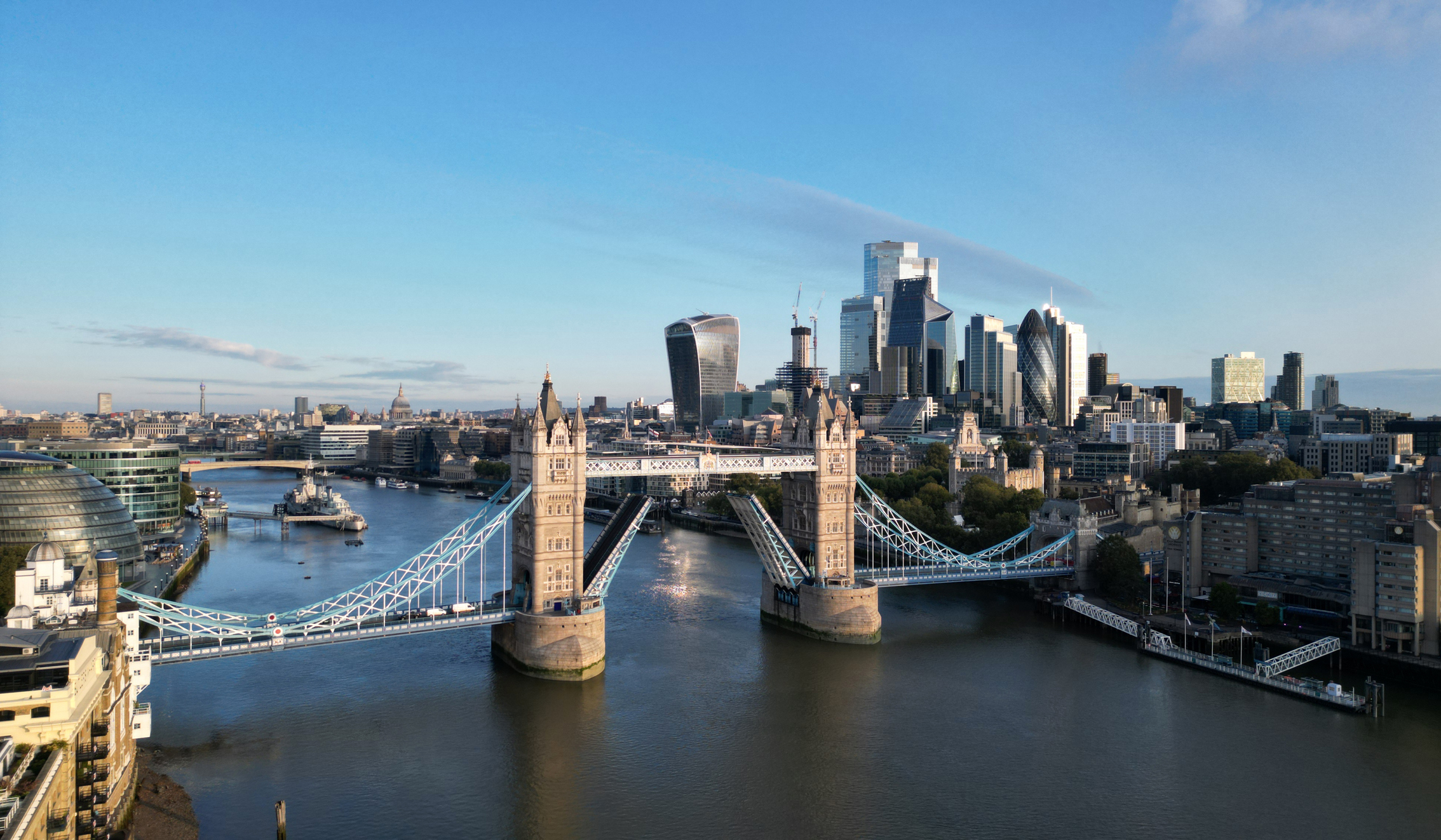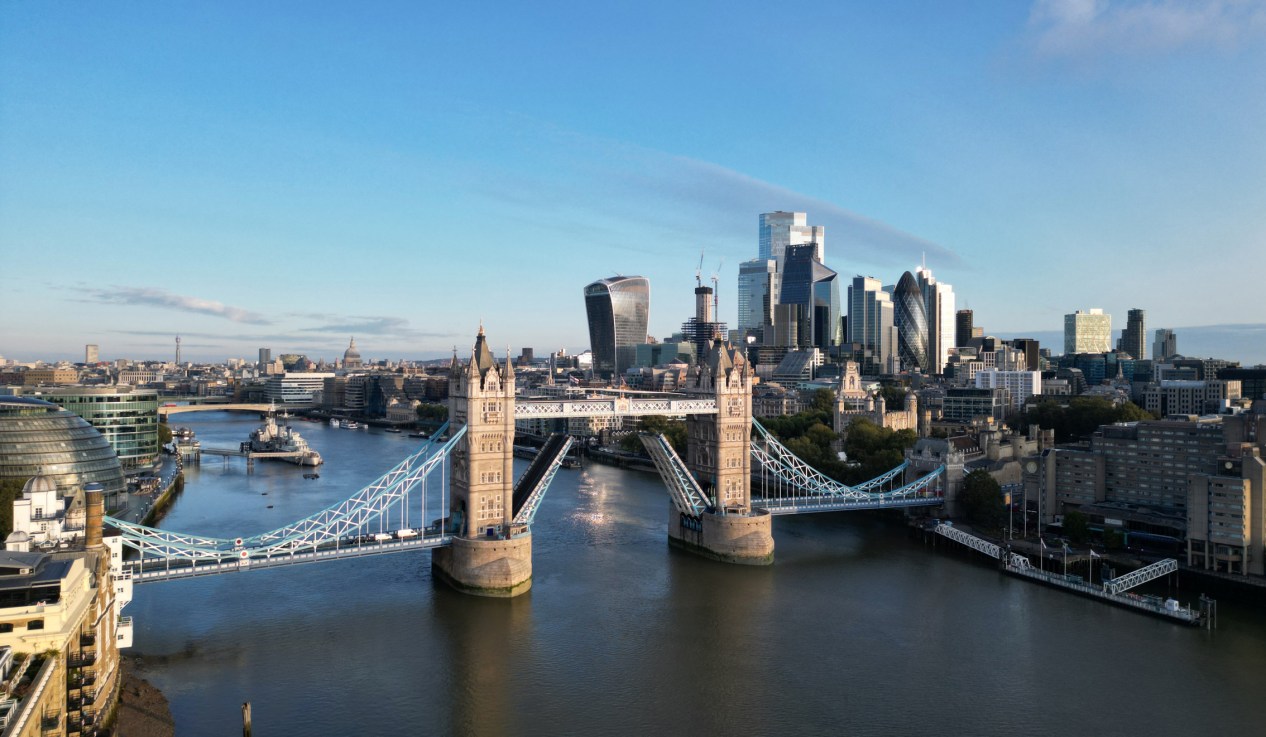FTSE 100 live: Blue-chip rises on Friday – though third straight week of losses looms
The daily London market update: Market moving news from the FTSE 100 and around the world from City A.M.


The latest updates on the FTSE 100 and London’s financial markets from City A.M.’s newsroom in the heart of the City of London.
US stocks ended the day with losses on Thursday, particularly in the tech sector, as seen in the Nasdaq’s drop of over 1 per cent, fuelled by disappointing forecasts from Salesforce.
Overnight, the S&P 500 fell 0.60 per cent to 5,235.48, the tech-heavy Nasdaq Composite dropped 1.08 per cent to 16,737.08, and Dow Jones fell 0.86 per cent to 38,111.48. The tech sector dives 2.5 per cent, communication services down 1.1 per cent, but other sectors gain.
Salesforce shares plummeted 19.7 per cent on a weak Q2 forecast. Trump Media shares dropped 6.5 per cent after a New York jury found former President Donald Trump guilty of falsifying documents to conceal a payment to silence a porn star before the 2016 election.
Dell shares fell 12 per cent post-earnings, having dropped 5.2 per cent earlier. Best Buy rose 13.4 per cent on strong profits, Kohl’s fell 22.9 per cent on lowered forecasts.
In Asia, Japan’s Nikkei rose 0.20 per cent and remained steady for the month. Chinese stocks and Hong Kong’s Hang Seng both gained. The dollar index stood at 104.77, set for a 1.5 per cent decline in May, ending a four-month winning streak.
In the commodities market, oil prices fell due to an unexpected increase in US gasoline stocks. Brent crude futures dropped 0.31 per cent to $81.61 per barrel, and US West Texas Intermediate (WTI) crude declined 0.36 per cent to $77.63 per barrel.
Meanwhile, gold prices rose by 0.12 per cent to $2,345.93, aiming for a gain of over 2 per cent in May.
China’s manufacturing unexpectedly contracted in May, with the official PMI dropping to 49.5, below predictions and reversing previous expansions. This poses challenges amid ongoing issues like a slowing property market and subdued consumer demand.
Tokyo’s core consumer inflation rose in May due to higher electricity costs. Data showed Tokyo’s core CPI increased by 1.9 per cent compared to last year, aligning with forecasts. However, the BOJ’s alternative index, excluding fresh food and fuel, rose by 1.7 per cent, slightly lower than April’s 1.8 per cent.
Separate data revealed a surprising 0.1 per cent decline in April factory output, indicating Japan’s fragile economic recovery.
British businesses are optimistic, with strong hiring plans at their highest since 2017, according to a recent survey. The Lloyds Bank Business Barometer surged to 50 per cent, its peak since November 2015. Economic confidence is at its highest since September 2021.
This week, eyes are on US inflation, especially with rising government bond yields. Core PCE prices were expected to hold at 2.8 per cent annually, though some predicted a dip to 2.7 per cent.
The eurozone is also watching inflation, with CPI expected to rise from 2.7 per cent to 2.8 per cent. Germany will release April’s import price and retail sales data.
In the UK, Nationwide’s May house price survey and ONS’s consumer credit data are awaited.



